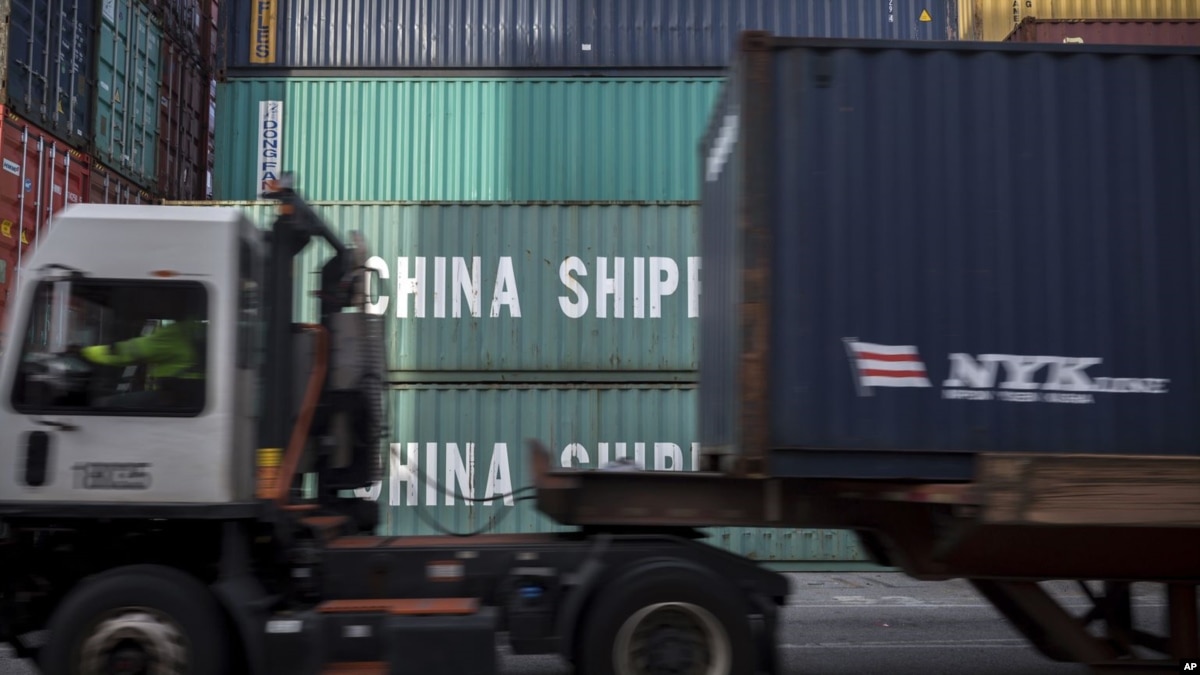
What's happening?
The Trump administration and China's government have imposed taxes on a big chunk of each side's products in an escalation of a trade war between the world's two biggest economies. On Monday, the Trump administration made good on its threat to apply 10 percent tariffs to 5,745 Chinese imports — from fire alarms to Christmas-tree lights — that are worth about $200 billion a year. Within hours, China retaliated by collecting taxes of 5 percent to 10 percent on 5,207 American goods, from honey to industrial chemicals, worth about $60 billion a year. China and the United States had earlier imposed 25 percent tariffs on $50 billion of each other's goods. Combined, the tariffs now cover nearly half the goods and services China sells America and nearly 60 percent of what the United States sells China. Beijing has especially targeted U.S. soybeans in a shot at President Donald Trump's supporters in the U.S. farm belt.
What's next?
Trump has threatened to retaliate against China's latest retaliation by targeting an additional $267 billion in Chinese imports. This move would extend the Trump tariffs to just about everything China sells the U.S. Beijing is running out of U.S. imports to tax. But it can still find ways to inflict economic pain on American companies. China reportedly is forcing U.S. companies to undergo slower customs approvals and tougher inspections by environmental and other regulators. A former finance minister has called for China to clamp down on exports of goods that American companies rely on.
The backdrop
Behind the trade dispute are U.S. allegations that China uses predatory tactics in a relentless drive to overtake American technological dominance. These tactics, the U.S. charges, include cybertheft of U.S. companies' trade secrets and a requirement that foreign companies hand over proprietary technology as the price of access to the Chinese market. Trump has also complained repeatedly about America's gaping trade deficit with China, which amounted to $336 billion last year. In May, Treasury Secretary Steven Mnuchin and Vice Premier Liu He appeared to have reached a cease-fire built around China's promises to narrow the U.S. trade gap by buying many more American soybeans and liquefied natural gas. But Trump backed away after being criticized for being soft on China. The two countries haven't held high-level talks since June.

No comments:
Post a Comment